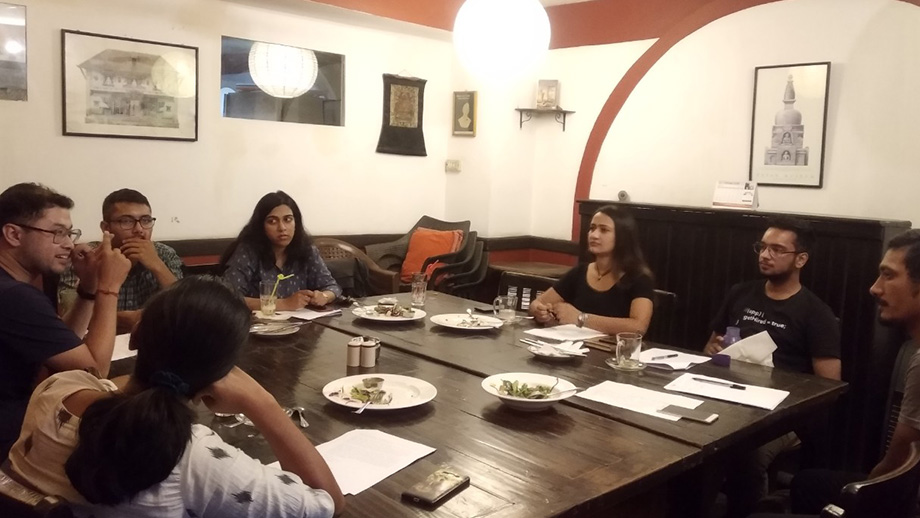The Liberty Discussion session carried out on last 30th of August discussed on a CATO Policy Report titled as “Bourgeois Virtue” by Deirdre N. McCloskey. The policy report mainly focuses on the virtues of Bourgeois class whom is believed to be at the driving seat of capitalism and market function. And, the argument of the paper centres on presenting the emotional and ethical virtues of capitalism amid its contribution towards economic growth. As such, the discussion among the participants in this session touched upon the debate of whether capitalism intentionally holds emotional and ethical virtues other than it being the by-product of market virtue created by self-interest, and if the acclaimed virtue created by self-interest of the market participants is actually virtuous.
In initiating the debate on whether if the principle of capitalism pro-activity features emotional and social virtue, one of the participants tabled the argument that stated Bourgeois’ love and care for humankind and nature to seek god for discussion. The argument was interestingly favoured by another participant who insisted that it has always been the faith towards the virtue of mankind and blessing of the God that have motivated Protestant Bourgeois and Capitalists to enterprise, trade, and accumulate wealth as they believe the mighty Lord will eventually make them prosperous. The favouring participant provided the example of a capitalist instrument (being currency) of one of the most capitalist country (being United States America) acclaiming the God with phrase “In God we trust” embossed in every American US dollar. The discussion instigating participant followed with the counterargument that emotional virtues and faith were not factored in when discussing the virtue of the market in the book “Wealth of Nation” famously authored by Adam Smith. However, he could not assure if it was not mentioned in another rather unpopular book “The theory of Moral sentiment” also authored by Adam Smith when asked by the favouring participant.
Likewise, the other half of the discussion session engaged on discussing whether the principle of market resorting to buying low and selling high in itself is virtuous or not. The question was met with the response from a participant whom argued that such principle have actually allowed for wonderful discovery of a concept called “market price” that has enabled commerce and prosperity. Likewise, some participants even accepted price gouging as a virtuous activity if it helped to find the buyer who is willing to pay the maximum price for a scarce item that he/she values the most in compared to other buyers. On the contrary, other participants considered such act of price gouging to be unvirtuous and punishable in case of basic goods essential for survival in a situation of scare supply given the disadvantage against the economically weak individuals who may equally value the product. As such, the discussion ended with the conclusion that virtue may be a relative concept allowing individual discretion.

